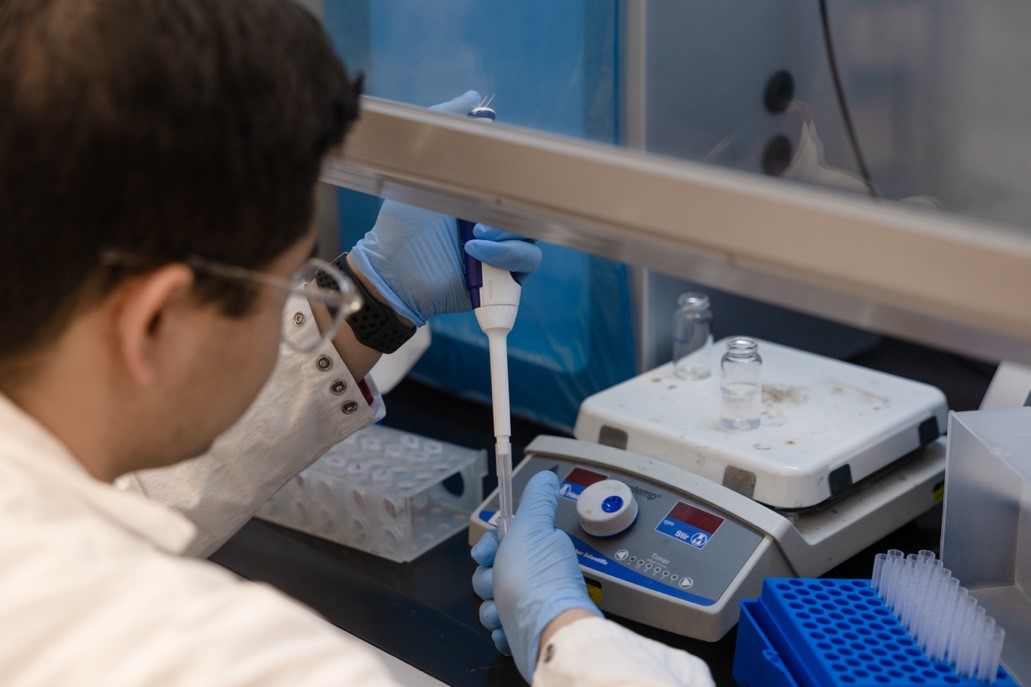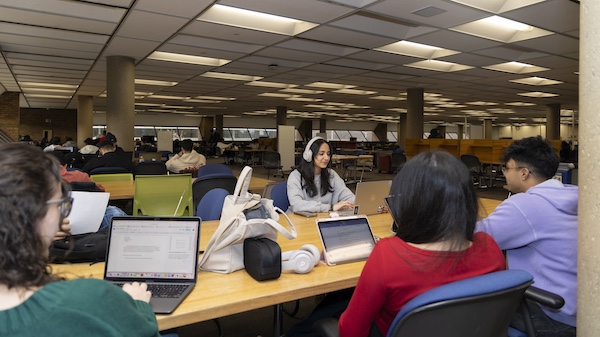Pursue One of Engineering’s Most Exciting Fields
 Bioengineering is a field that gives you the opportunity to profoundly impact society by improving the quality of human life. Bioengineers do everything from designing and building artificial organs to creating more efficient drug development technologies. Our master’s program in bioengineering at UM-Dearborn provides the advanced training you need to excel in this rapidly growing field.
Bioengineering is a field that gives you the opportunity to profoundly impact society by improving the quality of human life. Bioengineers do everything from designing and building artificial organs to creating more efficient drug development technologies. Our master’s program in bioengineering at UM-Dearborn provides the advanced training you need to excel in this rapidly growing field.
The 30-credit program combines online and on-campus courses. Most bioengineering courses are offered one night per week from 6 p.m. to 8:45 p.m.
Research assistantships may be available to exceptionally qualified students who are not otherwise employed. Tuition scholarships are available for full-time graduate students.
Where an MSE in Bioengineering Will Take You
An advanced degree in bioengineering opens the door to a multitude of careers. High-tech start-ups, biomedical engineering firms, pharmaceutical companies, hospitals, and laboratories are just a few examples of potential employers that will welcome your knowledge and skills.

